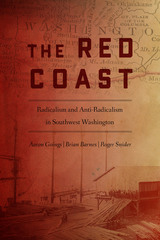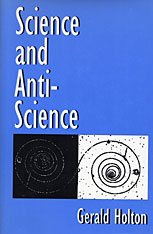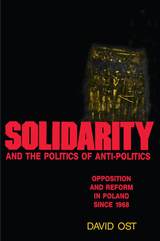

With a focus on socialists, militant unionists, Wobblies, "Red" Finns, and Communists, The Red Coast covers the people, places, and events that made history-well-known events like the 1919 Armistice Day Tragedy in Centralia and the murders of labor activists William McKay and Laura Law in Aberdeen as well as lesser-known events that have been lost to posterity until now.
The Red Coast also delves deep into the lives and work of the region's anti-radical forces, examining the collective efforts of employers, news editors, and vigilantes to combat working-class organization. Topics include the Wobblies, the labor wars of the 1910s and 1930s, and the lumber and maritime industries. Labor historians, scholars, and general readers with interest in the working-class history of the Pacific Northwest will welcome this comprehensive and accessible account.

What is good science? What goal--if any--is the proper end of scientific activity? Is there a legitimating authority that scientists mayclaim? Howserious athreat are the anti-science movements? These questions have long been debated but, as Gerald Holton points out, every era must offer its own responses. This book examines these questions not in the abstract but shows their historic roots and the answers emerging from the scientific and political controversies of this century.
Employing the case-study method and the concept of scientific thematathat he has pioneered, Holton displays the broad scope of his insight into the workings of science: from the influence of Ernst Mach on twentiethcentury physicists, biologists, psychologists, and other thinkers to the rhetorical strategies used in the work of Albert Einstein, Niels Bohr, and others; from the bickering between Thomas Jefferson and the U.S. Congress over the proper form of federal sponsorship of scientific research to philosophical debates since Oswald Spengier over whether our scientific knowledge will ever be "complete." In a masterful final chapter, Holton scrutinizes the "anti-science phenomenon," the increasingly common opposition to science as practiced today. He approaches this contentious issue by examining the world views and political ambitions of the proponents of science as well as those of its opponents-the critics of "establishment science" (including even those who fear that science threatens to overwhelm the individual in the postmodern world) and the adherents of "alternative science" (Creationists, New Age "healers," astrologers). Through it all runs the thread of the author's deep historical knowledge and his humanistic understanding of science in modern culture.
Science and Anti-Science will be of great interest not only to scientists and scholars in the field of science studies but also to educators, policymalcers, and all those who wish to gain a fuller understanding of challenges to and doubts about the role of science in our lives today.

READERS
Browse our collection.
PUBLISHERS
See BiblioVault's publisher services.
STUDENT SERVICES
Files for college accessibility offices.
UChicago Accessibility Resources
home | accessibility | search | about | contact us
BiblioVault ® 2001 - 2024
The University of Chicago Press









